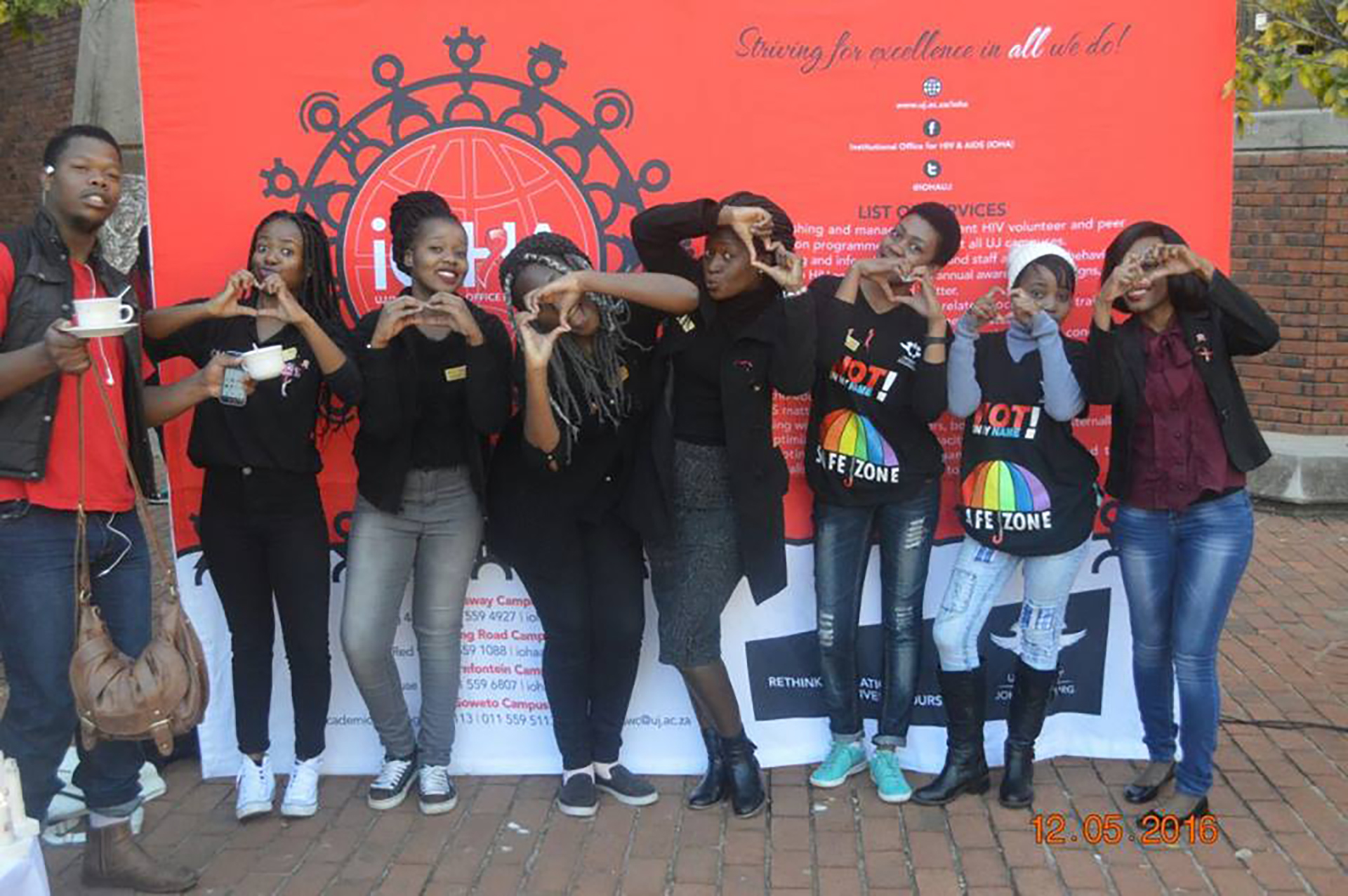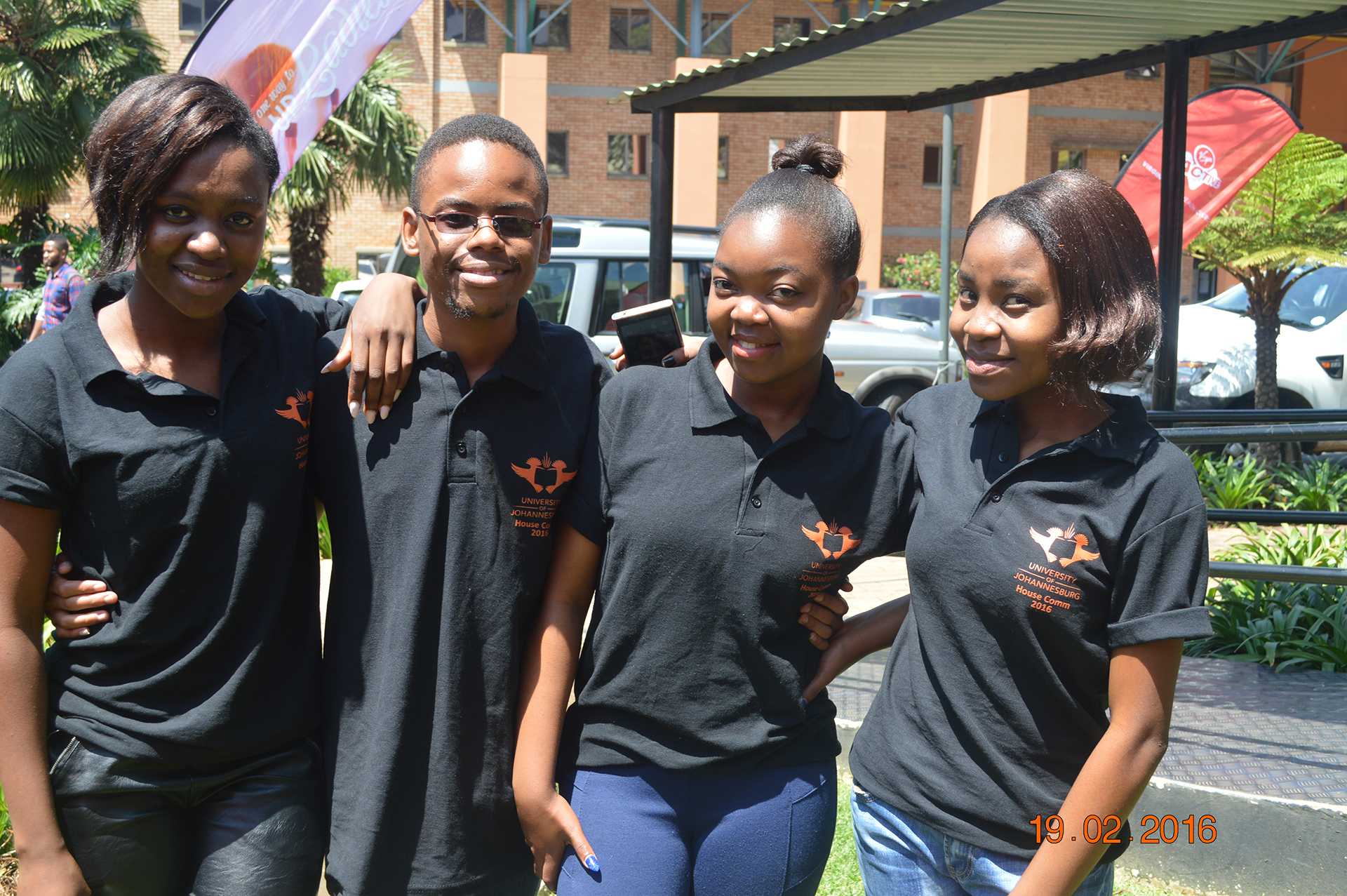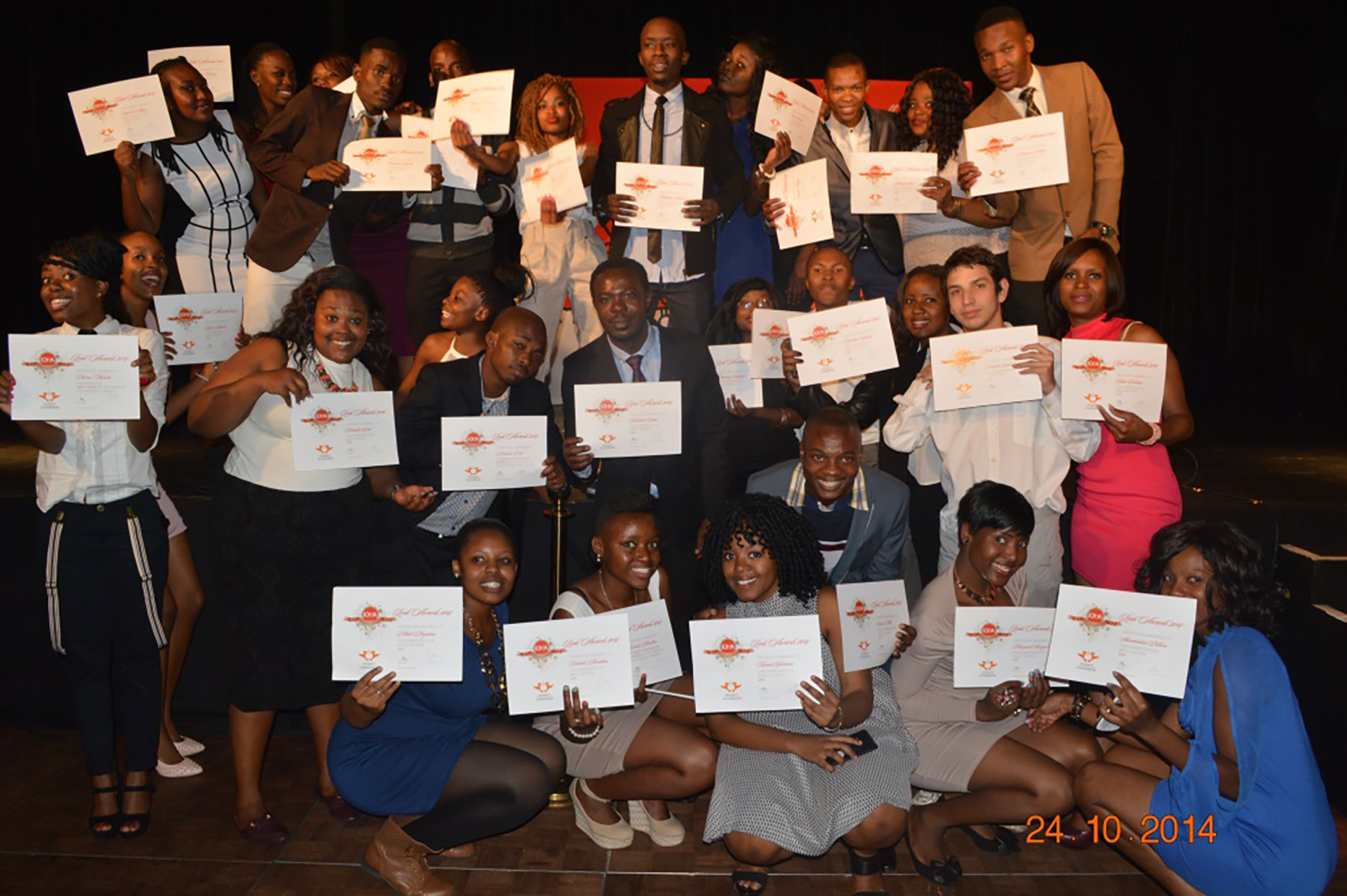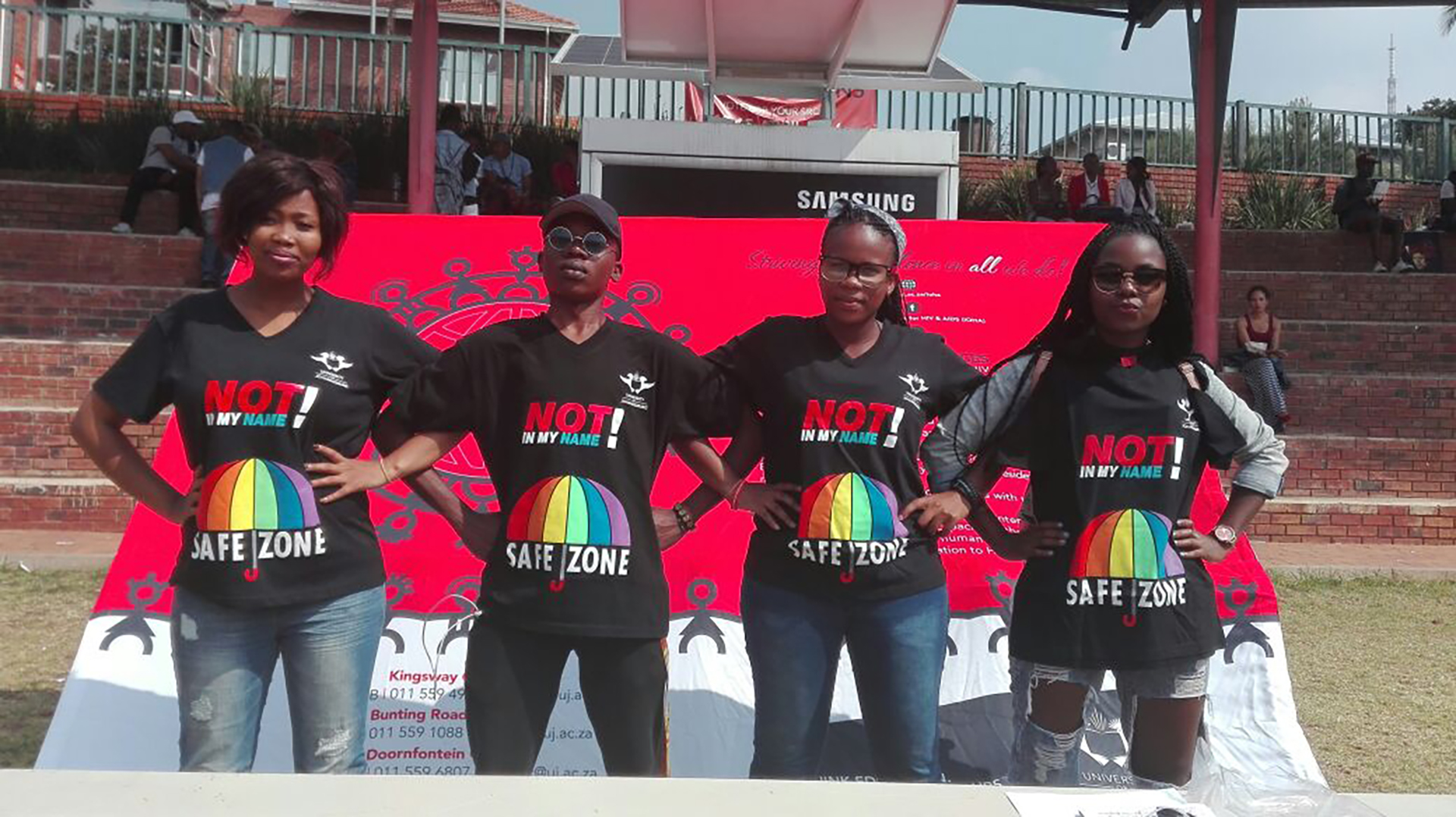The LINK
The LINK peer educator`s program is a voluntarism network for students interested in supporting HIV/AIDS-related projects and social justice issues on campus, in an effort to raise awareness and decrease new HIV infections within the University of Johannesburg (UJ) community. LINK peer educators are therefore trained, mobilized and supported to conduct educational interventions aimed at the university community and beyond. Thus peer educators are seen as ambassadors for Institutional Office for HIV & AIDS (IOHA)and work towards achieving the mandate for the office. The program is anticipated to develop peer educator`s skills towards their ‘graduateness’ and employability through the various activities such as project management, community engagements, training and presentations.


LINK Vision:
To promote social norms and support for adopting healthy attitudes and behaviors, amongst UJ students, by means of HIV Student peer education programs.
In order to achieve this vision, the program aims to incorporate the UJ values in its mission, these being: Innovation, integrity and respect for diversity and human dignity, individuality and collective effort, academic freedom and accountability.
Aims & Objectives of the LINK Program
The LINK is an IOHA student HIV/AIDS peer education program which aims to empower students to become active agents of change both within and beyond the University context.
Objectives of the LINK program include:
- To serve as a unique behavior-change intervention.
- To empower students to become active agents of change by:
- Providing students with accurate knowledge and practical experience in the field of HIV/AIDS
- Providing students with relevant skills-building opportunities & training to deal effectively with HIV/AIDS
- Engaging students in HIV projects and campaigns on all campuses at UJ, as well as at schools, clinics and NGO’s in the surrounding communities.
- Encouraging students to advocate against HIV- related stigma on and off campus.
- Stimulating debate around relevant HIV-related issues.
- Promoting care and support for students living with HIV.
- Providing a platform to expand on HIV/AIDS work within their career paths.
Roles and responsibilities of LINK peer educators
- Attend mandatory preparatory and continues training workshop, designed to provide skills and support.
- Plan and execute innovative campaigns throughout the UJ community.
- Distribute educational materials and engage in educational dialogues.
- Be an ambassador for IOHA and the University of Johannesburg.
- Converse with students and provide presentations to the UJ community.
- Distribute, encourage and promote the use of condoms and other protective instruments.
- Work in collaboration with internal and external stakeholders (SRC, RSG, etc.)
- Participate in at least 80% projects and campaigns during the year.
- Attend weekly and monthly meetings.
- Submit a completed portfolio of evidence with the aim to monitor and evaluate performance in the LINK program.
Benefits for participating in the LINK program
- Gain Knowledge and skills on HIV/AIDS and social justice issues.
- Develop interpersonal skills; networking and communicating with others.
- Events management and project operational skills.
- Enhancing creativity and marketing abilities.
- Group work skills – learning to work as a team, appreciating differences; dealing with conflict; assertiveness; self-confidence and leadership.
- Engage in sustainable community outreach projects.
- Developing an ethos of Volunteerism and citizenship.
- Receive a recognition certificate at the end of the year.
If you are looking for a unique opportunity to become a LINK peer educator, kindly complete the form below:
“We didn’t realize we were making memories, we just knew we were having fun”


